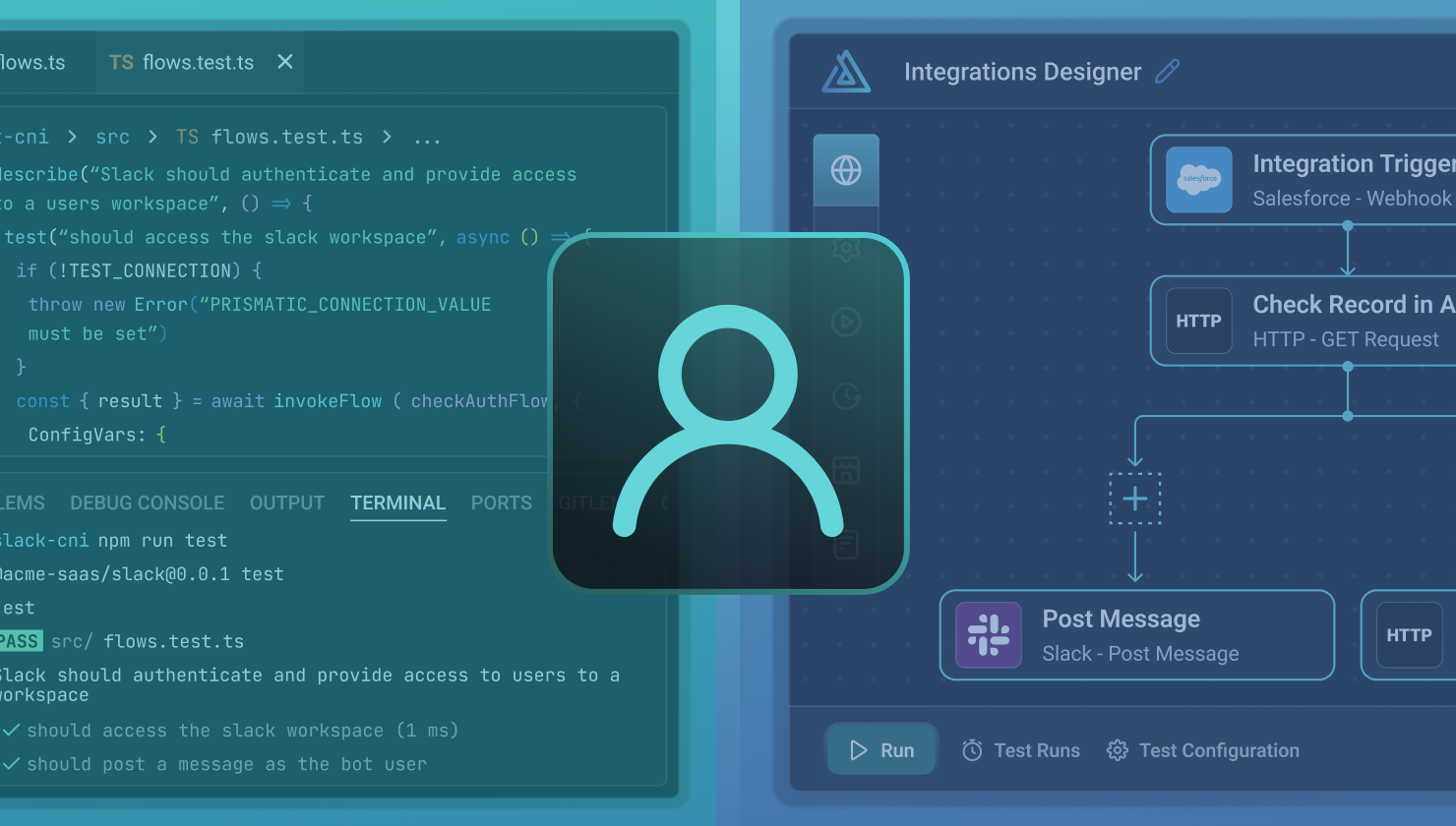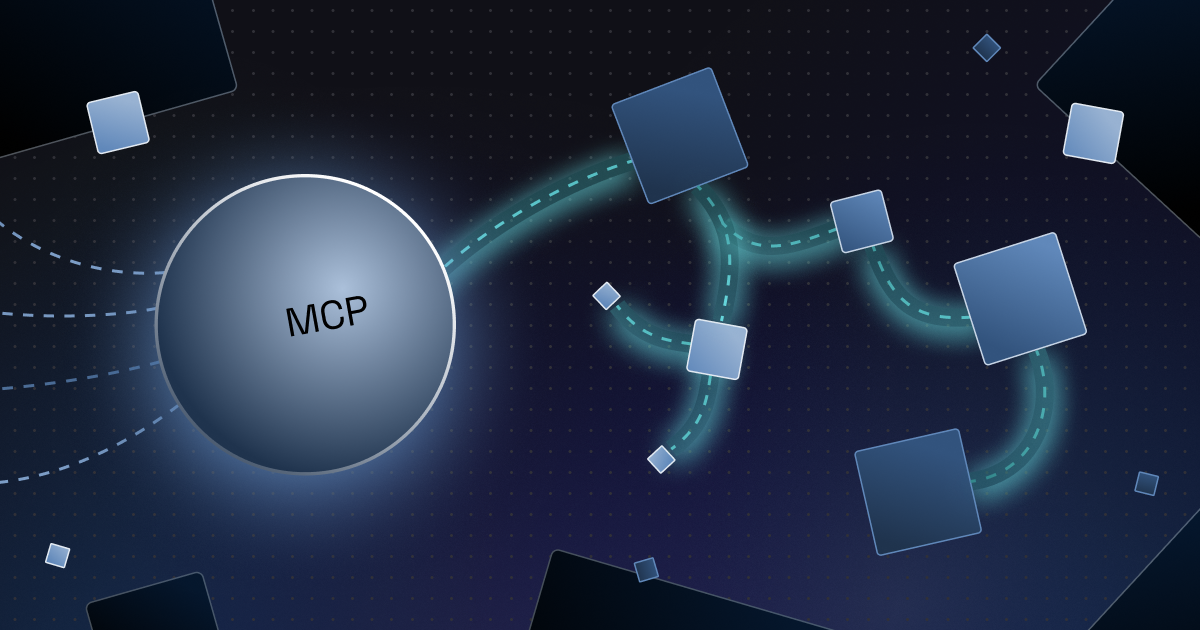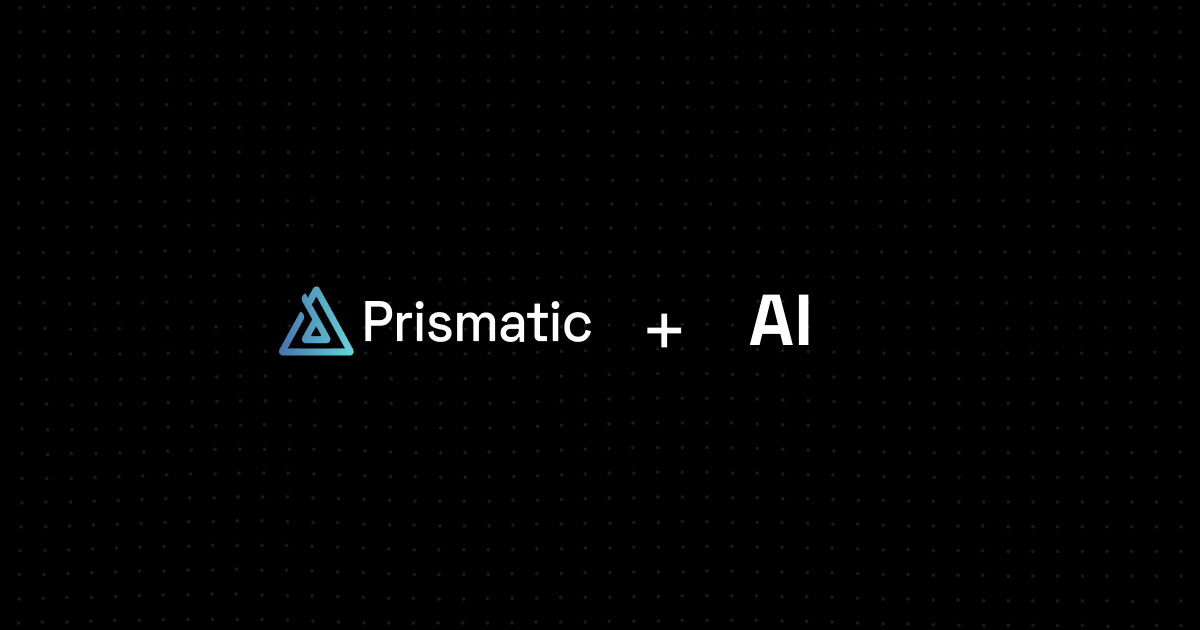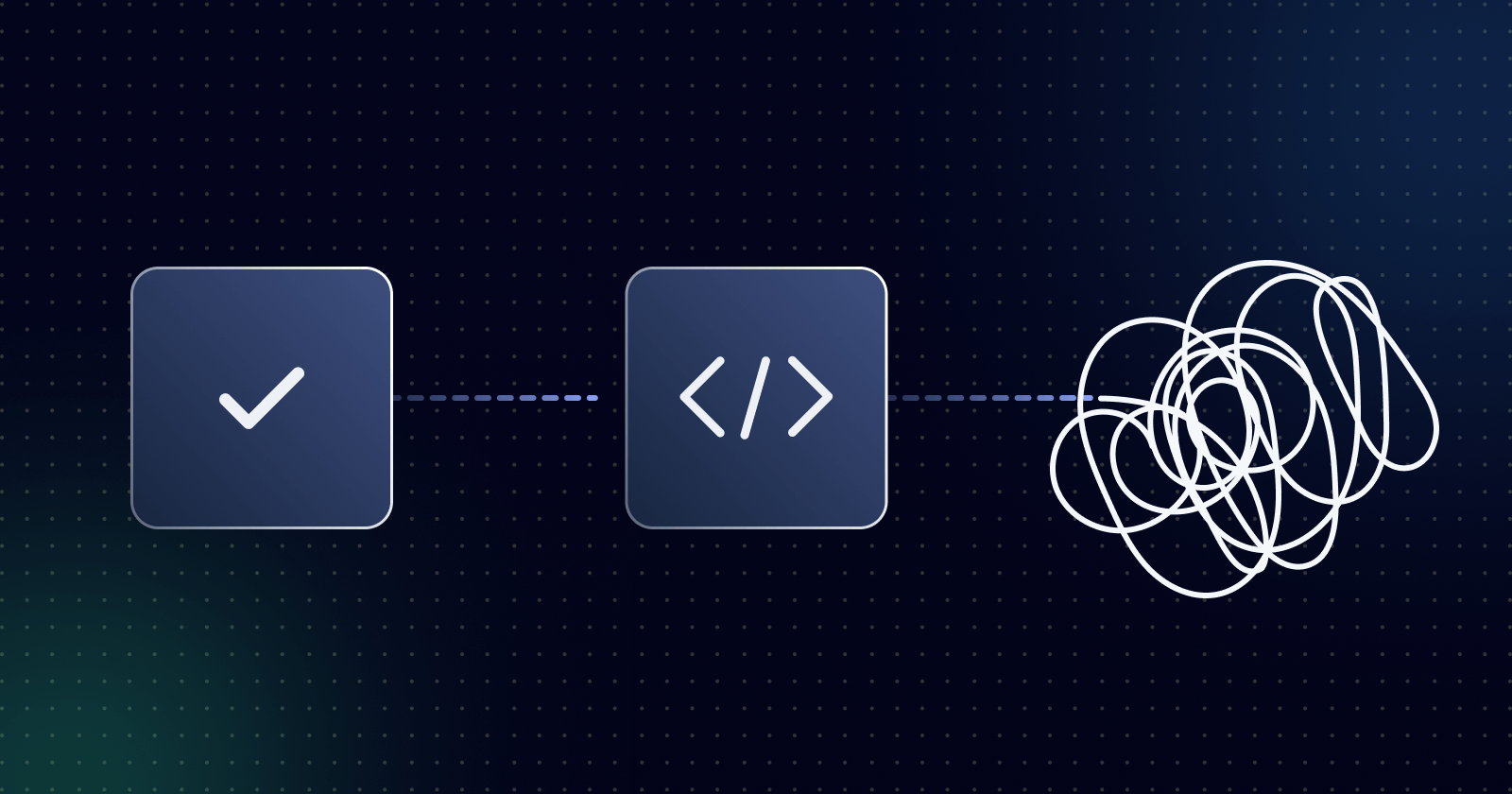In today's rapidly changing digital world, businesses face two pressures: growing demands for data connectivity and limited IT resources. The solution? Enter the citizen integrator – a role that's reshaping how businesses solve for integrations and automations. But what exactly is a citizen integrator, and what do they do?
What is a citizen integrator?
A citizen integrator is a non-technical user, not a developer, who leverages specialized low-code and no-code tools to build and manage integrations between apps and data sources. They use intuitive drag-and-drop interfaces that empower those without extensive technical knowledge to undertake integration projects. Citizen integrators are business domain experts who understand their department's workflows and data.
Citizen integrators typically work as business analysts or are considered either technical business subject matter experts (SMEs) or non-technical business users. They bridge the gap between business users and integration devs, bringing essential business context to integration scenarios.
Examples of citizen integrators in action
- Marketing specialist – A marketing professional who needs to integrate a marketing automation platform with the company's CRM system to create more targeted campaigns and track lead attribution.
- Finance manager – A financial analyst who connects multiple financial systems to create unified dashboards for executive reporting, eliminating manual data collection and reducing reporting errors.
- A B2B SaaS integrator – A non-technical business user who creates integrations between his company's SaaS product and the other apps his customers use.
How citizen integrators differ from traditional integration devs
While both citizen integrators and devs work on integration solutions, their approaches and capabilities vary significantly.
- Business context vs technical expertise – Citizen integrators are domain experts who are intimately familiar with the workflows and data they need. Traditional devs excel at complex coding and system architecture, but may lack a deep understanding of specific business processes.
- Speed vs scalability – Citizen integrators can quickly build targeted solutions for immediate needs, while devs focus more on integrations that meet complex business requirements.
- Tools – Citizen integrators rely on visual, drag-and-drop interfaces with pre-built connectors, whereas devs often prefer writing code for maximum flexibility and control.
How the citizen integrator role has evolved
The concept of citizen integrators isn't new, but their prominence and capabilities have expanded dramatically over the past decade. Changes in technology platforms and business expectations have driven this evolution.
Underlying changes in tools and platforms
- The rise of low-code/no-code platforms – The global low-code platform market is forecasted to generate revenue of $187.0 billion by 2030. This explosive growth reflects the maturation of platforms that make integration building accessible to non-devs.
- Pre-built connector proliferation – These API connectors integrate various apps off the shelf, allowing citizen integrators to hook systems together easily. The availability of hundreds or thousands of pre-built connectors has eliminated the need for custom API development in many common integration scenarios.
- Enterprise-grade security and governance – Security concerns often hampered early citizen integrator efforts. Today's platforms include built-in compliance features, role-based access controls, and audit trails that address enterprise security requirements.
Market dynamics driving adoption
Organizations face mounting pressure as 41% of non-IT employees are already involved in building or customizing technology solutions, according to Gartner research. And some 77% of leaders report that their development teams face a backlog of requests due to a lack of qualified personnel and high costs.
How AI is impacting citizen integrators
Artificial intelligence is ushering in the next evolution of citizen integration, dramatically expanding what's possible for non-technical users.
AI-powered coding assistance
AI-enhanced tools currently detect and fix bugs in code, allowing citizen integrators to focus on business requirements.
We are also in the early days of generative AI greatly enhancing citizen integrators' capabilities with regard to testing, optimization, and code suggestions.
Challenges and considerations
While AI presents tremendous opportunities, it also introduces new challenges. There's a risk of over reliance on AI, and potential for AI solutions to introduce complexity and technical debt into the development process. Citizen integrators must also consider privacy and security concerns.
How Prismatic enables citizen integrators
Prismatic is an embedded iPaaS that empowers both citizen integrators and software developers with low-code and code-native tools. The platform addresses the complete integration lifecycle for B2B SaaS integrations with tools tailored for various user types and use cases.
Low-code integration designer
Prismatic's low-code designer features an intuitive drag-and-drop UI, allowing non-devs to create simple integrations quickly. The flexible designer also handles complex integrations when needed. The platform includes:
- Drag-and-drop UI – Allows citizen integrators to design integration flows without writing code. Users can easily map data between systems, set up conditional logic, and create sophisticated workflows.
- Built-in testing framework – Let users test while building and iterating quickly. Everything needed is right there in the integration designer: run test executions, access detailed logs, troubleshoot, and make changes.
- Integration templates – Can be customized for different customers and use cases, allowing citizen integrators to build once and deploy many times.
Pre-built connectors
Prismatic offers built-in API connectors that make it easy to connect to third-party applications, with authentication entirely handled. Our connector library includes CRMs like Salesforce and HubSpot, marketing platforms, accounting systems, and other commonly used business applications. In addition, we manage OAuth 2.0 and other authentication methods, removing technical barriers for citizen integrators.
Other methods
When the pre-built connectors aren't enough, we empower teams to extend the platform.
- Custom connectors – Devs can integrate with any product customers use, no matter how niche, by coding robust custom connectors using our custom component SDK.
- HTTP connector – For situations requiring custom connectivity, we provide an HTTP connector that allows citizen integrators to connect to any REST API.
- Hybrid approach – The platform empowers non-devs with a low-code designer while giving devs complete freedom to build in code, providing flexibility for teams with mixed technical capabilities.
Deployment and management features
We go beyond just building integrations by providing comprehensive deployment and management capabilities:
- Customer self-service – Teams can embed an integration marketplace so customers can self-activate integrations, with configuration wizards to walk users through setup.
- Monitoring and support – Citizen integrators get detailed monitoring and logging functionality, and customers get self-serve tools to reduce the operational burden on support.
Make integration development accessible to your citizen integrators
The evolution of citizen integrators and their tools over the past decade is remarkable.
We've moved from relatively simple and limited tools to increasingly powerful systems. And AI promises to democratize integration capabilities even more, making it possible for citizen integrators to tackle increasingly complex scenarios.
Prismatic is leading this transformation by offering devs and non-devs the flexibility of building, deploying, and managing integrations together via a single, comprehensive platform.
Schedule a demo and let us show you how Prismatic can help your citizen integrators meet real-world integration needs.




